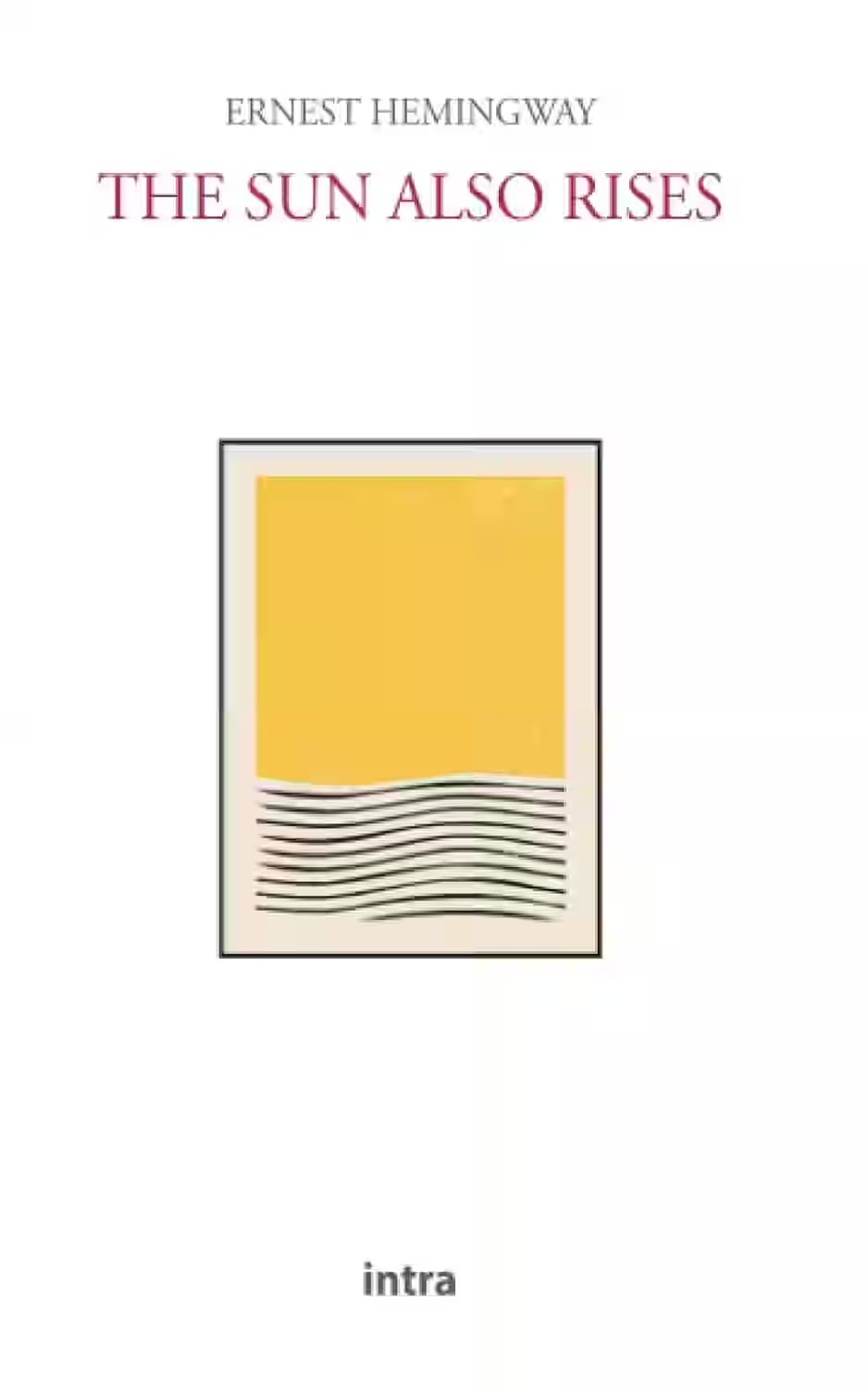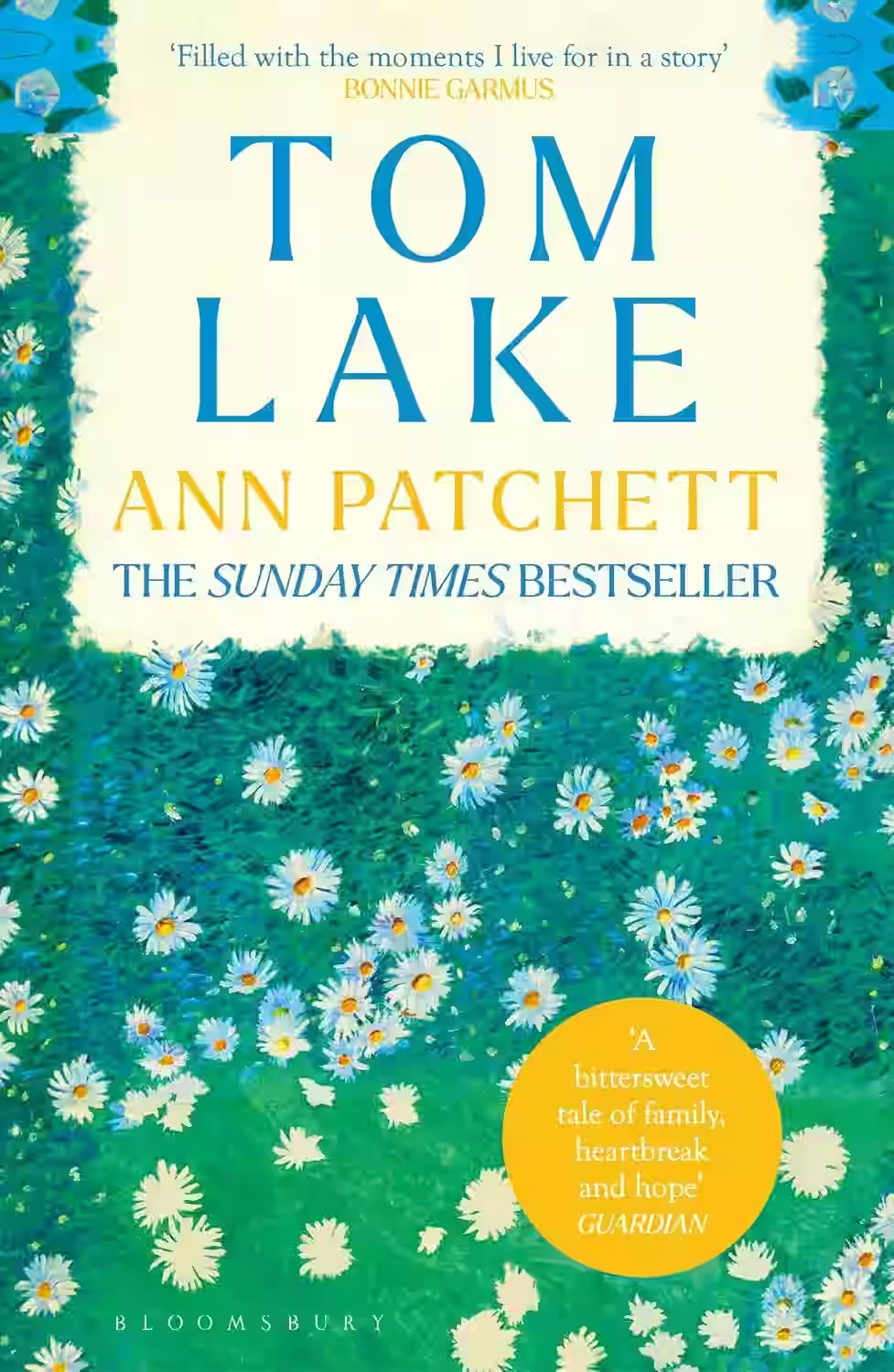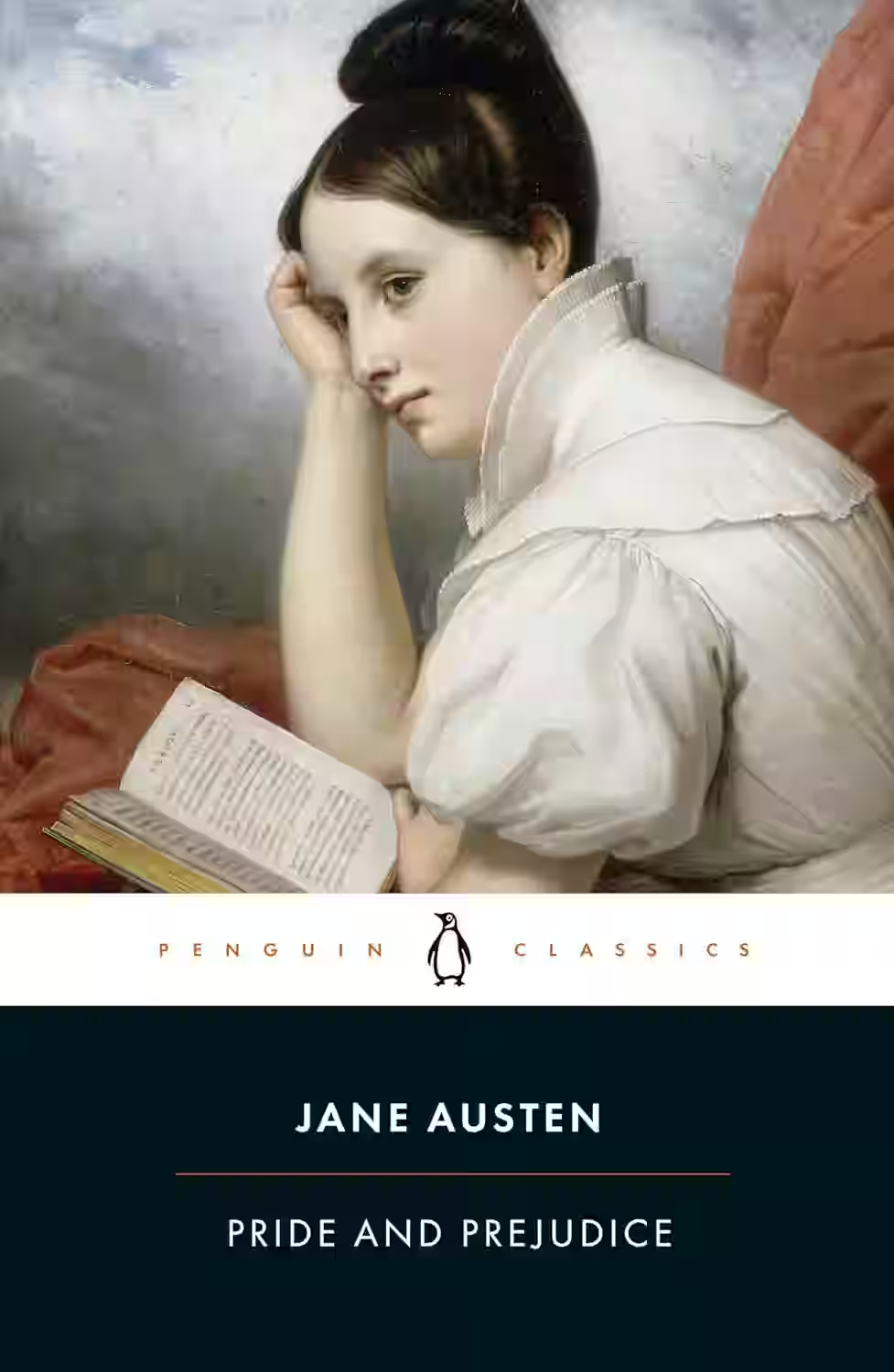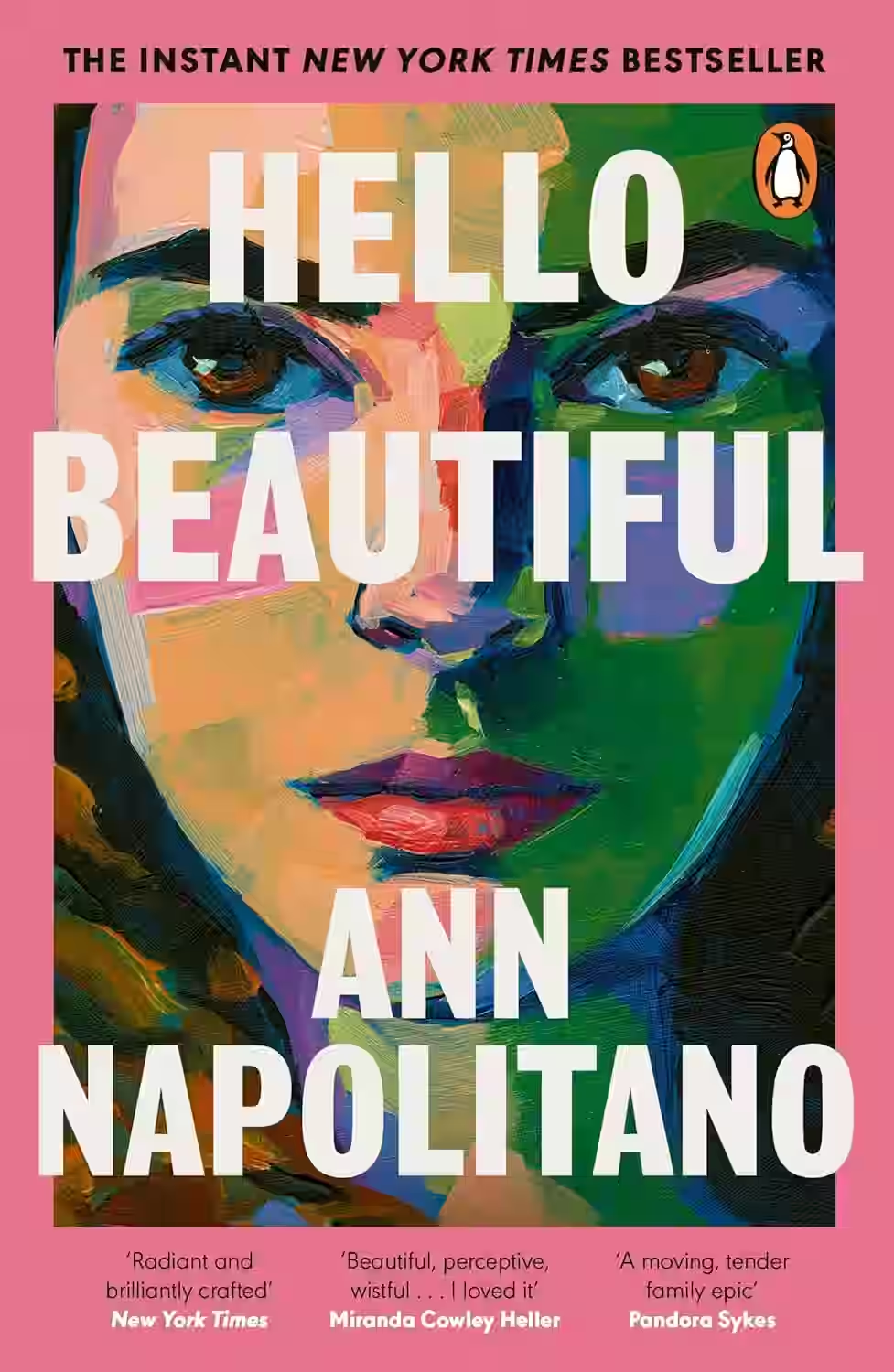
Ernest Hemingway's 'The Sun Also Rises' is a poignant exploration of the Lost Generation, following American and British expatriates navigating post-World War I Europe. Through the eyes of the disillusioned narrator, Jake Barnes, the novel delves into themes of love, masculinity, existentialism, and the quest for meaning in a broken world. The characters' aimless pursuit of pleasure, particularly through the backdrop of the Pamplona bull-running festival, reflects their deeper sense of aimlessness and alienation. Hemingway's sparse yet evocative prose captures the emotional turmoil and moral ambiguity of the era, making this novel a timeless classic.
About Ernest Hemingway
Ernest Hemingway, born in 1899 in Illinois, was an American novelist and short story writer known for his concise and impactful prose style. He served in World War I, which deeply influenced his writing, often portraying themes of war, masculinity, and the human condition. Hemingway's notable works include 'The Old Man and the Sea,' 'A Farewell to Arms,' and 'The Sun Also Rises.' His minimalist yet powerful writing style revolutionized 20th-century literature, earning him a Nobel Prize in Literature in 1954. Hemingway's legacy continues to shape the craft of storytelling and remains a touchstone for aspiring writers around the world.
Similar Books

Tom Lake
by Ann Patchett
Set against the backdrop of a Michigan cherry orchard during the COVID-19 pandemic, Tom Lake follows Lara as she recounts her youthful romance with a now-famous actor to her three grown daughters. As they harvest fruit, the story weaves past and present, exploring the choices we make, the roads not taken, and the meaning of a life well-lived. Ann Patchett’s luminous novel is a meditation on motherhood, storytelling, and the quiet beauty of ordinary life. Richly atmospheric and emotionally resonant, Tom Lake invites readers to consider how love, memory, and time shape us.

Room With a View
by E.M. Forster
E.M. Forster's 'A Room with a View' is a captivating novel that tells the story of Lucy Honeychurch, a young English woman who embarks on a journey of self-discovery during a trip to Italy. The novel explores themes of love, societal expectations, and the clash between the rigid conventions of the Edwardian era and the individual desires of the characters. Through vivid descriptions of the picturesque Italian landscape and nuanced character interactions, Forster weaves a tale that highlights the importance of following one's true passions and desires. 'A Room with a View' is a timeless classic that continues to resonate with readers for its exploration of personal freedom and societal constraints.

Pride and Prejudice
by Jane Austen
This beloved classic follows the spirited Elizabeth Bennet as she navigates love, marriage, and social status in Georgian-era England. When the wealthy and proud Mr. Darcy enters her life, their mutual prejudices create a complex dance of misunderstanding and growth. Through razor-sharp wit and social commentary, Austen crafts a timeless romance while critiquing class, marriage, and gender roles in 19th-century society.

Hello Beautiful
Inspired by Little Women, this tender family saga follows William Waters, a lonely college basketball player, and the four closely bonded Padavano sisters. As William is pulled into their vibrant, chaotic world, buried traumas threaten to upend everything. Spanning decades, Hello Beautiful explores love, loss, mental illness, and the ties that both bind and break us. Ann Napolitano crafts a deeply emotional story about forgiveness and self-discovery, illuminating how family—whether biological or chosen—shapes our sense of self and belonging. It’s a heartfelt portrait of resilience and the enduring need for connection.